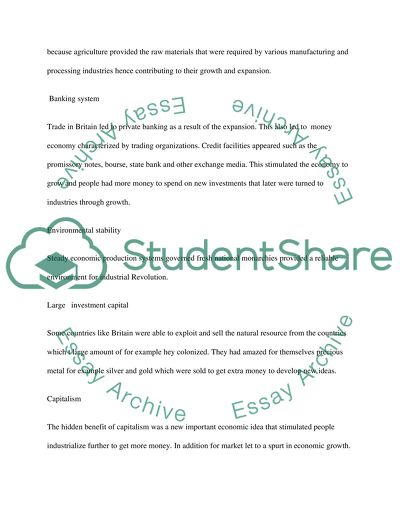Cite this document
(“Liberty and equality in French revolution Essay”, n.d.)
Retrieved from https://studentshare.org/history/1439891-liberty-and-equality-in-french-revolution
Retrieved from https://studentshare.org/history/1439891-liberty-and-equality-in-french-revolution
(Liberty and Equality in French Revolution Essay)
https://studentshare.org/history/1439891-liberty-and-equality-in-french-revolution.
https://studentshare.org/history/1439891-liberty-and-equality-in-french-revolution.
“Liberty and Equality in French Revolution Essay”, n.d. https://studentshare.org/history/1439891-liberty-and-equality-in-french-revolution.


